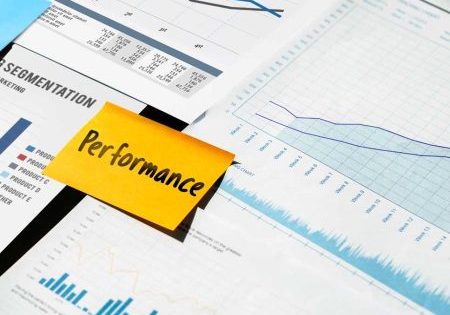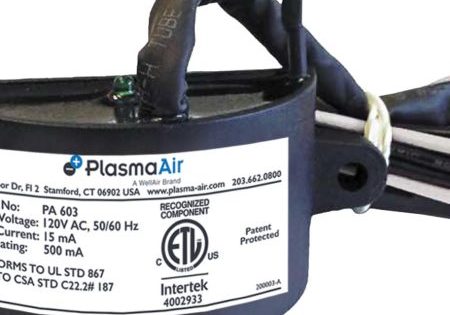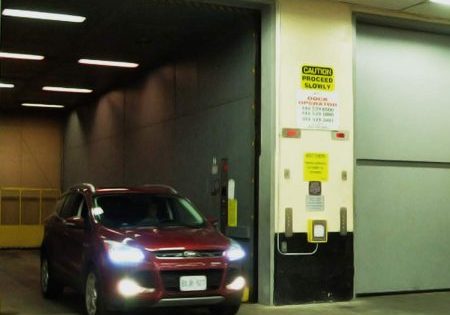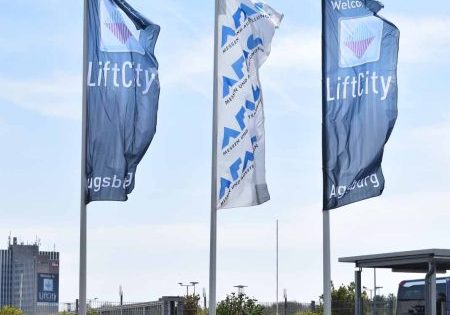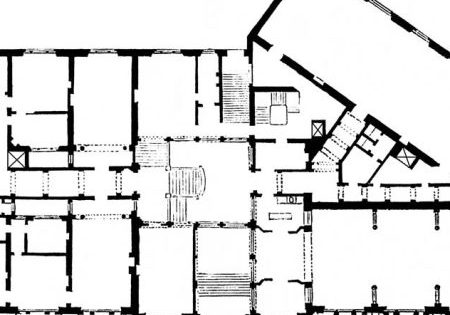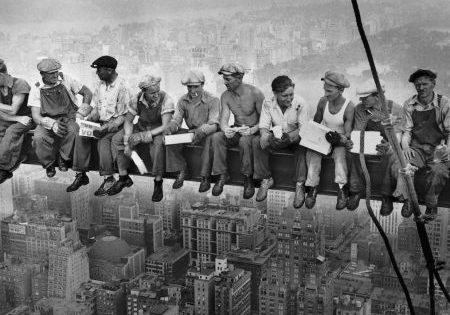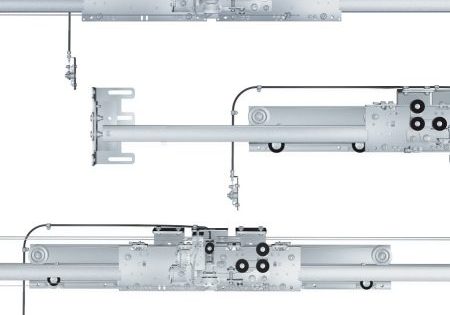A Mark Above
Jul 6, 2022
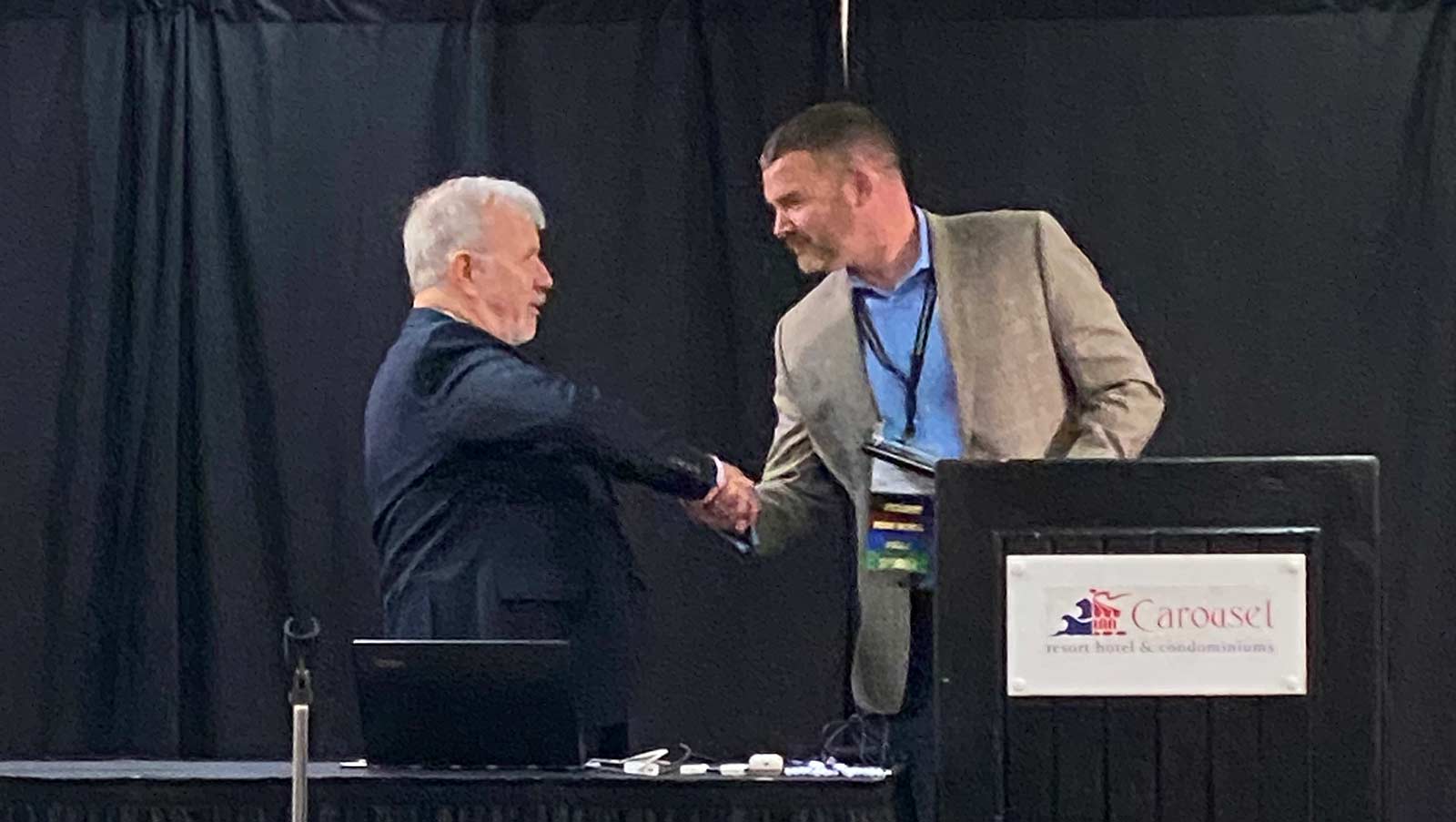
Longtime industry leader Bill Snyder is recognized.
William “Bill” Snyder has been a member of NAESA International for more than 35 years and has been involved with the leadership of NAESA for more than 20 years. In 2011, he became chair of the Eastern Region. In 2019, when he announced he would not seek reelection, the Eastern Region group decided they wanted to honor Snyder for his leadership in the role with a Lifetime Achievement Award. A ceremony was planned for March 2020, but the COVID-19 pandemic shut down all NAESA events. As things began to open back up, the event was rescheduled for and held in March 2022.
The event was a surprise for Snyder and took place during a NAESA workshop so as not to raise too much suspicion. Carl McDilda, Eastern Region vice chair and longtime friend to Snyder, presented as Master of Ceremonies. McDilda recounted many experiences and stories spanning their 30-year relationship. Snyder’s wife, Maureen, was also able to attend the event.
Chris Dodds, president of Liberty Elevator Experts and president of the NAESA Executive Committee, said:
“Bill’s role as chair has ensured the region has experienced many wonderful education workshops. In addition to the workshops, Bill ensured the regional members had a ‘voice’ speaking for them at the International Board meetings. Those who know Bill well know he does not seek recognition or praise. He is passionate about NAESA and enjoys helping where he can. If he knew of the ceremony, he may have likely tried to skip town. There were a lot of smiles, laughs and a few tears.”
In light of this award and Snyder’s longtime role in the industry, your author (LF) recently spoke with him (BS) about his experience, his many roles with NAESA, his thoughts on code and the industry and more.
LF: How did you get started in the elevator industry?
BS: I was working with Naval Facilities Engineering Command and had deep experiences in mechanical, electrical, hydraulic and pneumatic control systems as an engineering technician. My supervisor walked in and asked if I wanted to take over the vertical-transportation (VT) program for the base. Since I knew it was very detailed and code specific, I said I’d be interested. He returned in half an hour with a huge stack of folders and code books and said, “You need to brush up on this because, in the morning, we are going to find out that we failed the audit of our program. Your task will be to correct it all.” This was back in the early 1980s. When I transferred to Naval Air Systems Command (NAVAIR) in the 1990s, I wasn’t recruited for that, but after they found out I had that experience, they asked me to take over that program. After that, it just stayed a part of me.
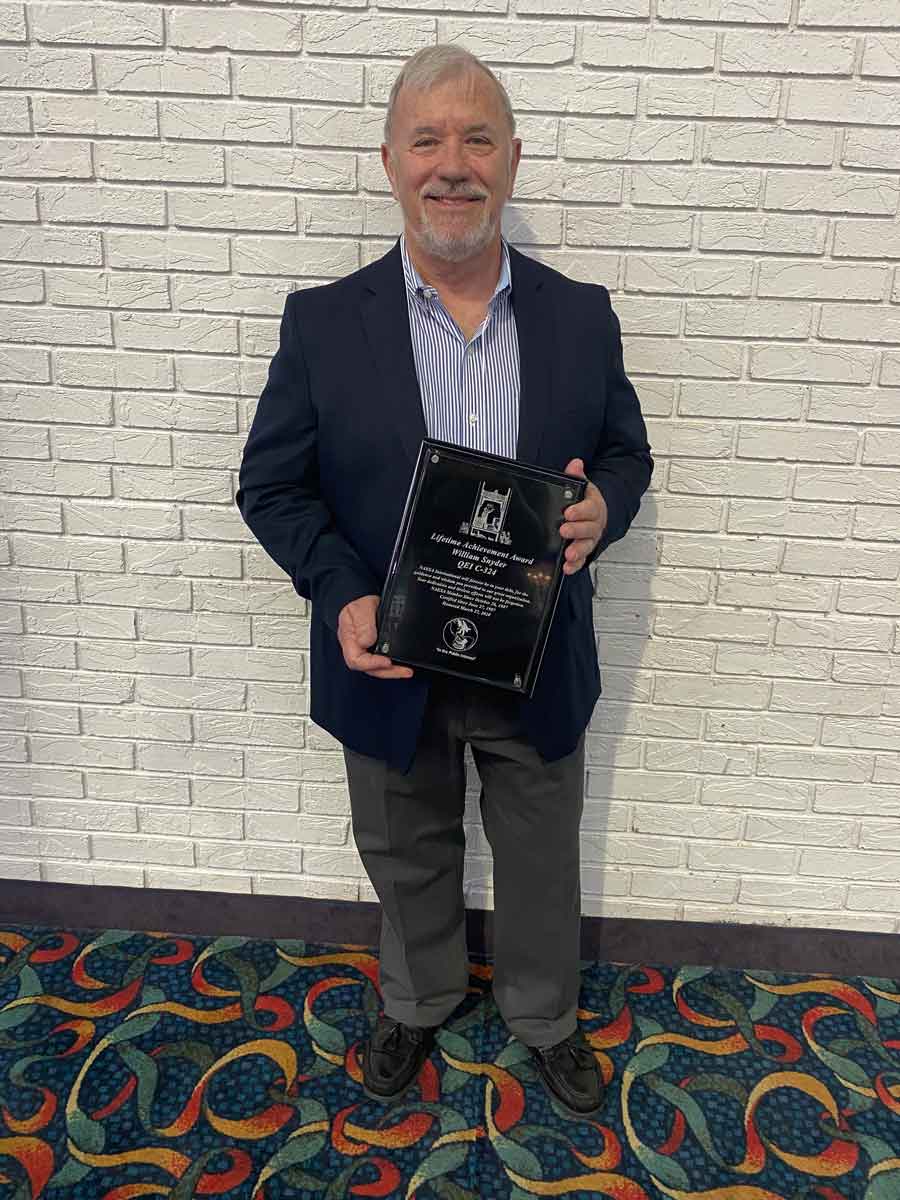
LF: Tell me about VTE Solution and your relationship with Liberty Elevator Experts.
BS: When I retired from NAVAIR in 2004, I worked with another company for a while before I chose to leave. I then opened my own consulting business, VTE Solution, in 2012. It turned out to be a very successful venture for me. I had clients all over the U.S. and the Caribbean. In 2019, I sold my consulting company to Liberty Elevator Experts and stayed on in a reduced work capacity as a consultant. I still do some inspections each year in the Florida area because I enjoy that.
LF: When did you first get involved with NAESA and why?
BS: I’ve had the opportunity now for more than 20 years to be an instructor for NAESA. I have been on the Board of Directors (BoD) and on the executive committee for probably 17 years. I enjoy doing educational sessions, classes, teaching for them and sharing knowledge. I have tried over the years to explain to students that this industry is very small. As big as the world can be, in this industry, we all know each other. My philosophy is that we can be competitors, but we also need to be colleagues, so we look out for each other and keep each other safe. I love teaching. The rest of it is work, but it’s enjoyable work.
I find it difficult to stop doing things in the elevator industry: I’m still on the A17 main standards committee, the QEI committee, the ISO TAG committee, the State of Florida Elevator Safety Technical Advisory Council and have been on the board of the Elevator Escalator Safety Foundation (EESF). I have thoroughly enjoyed that; it’s difficult to say it’s a job when you enjoy it. So many of us are able to say, “Great, I get to do this today!” And that has real value.
LF: Tell me about your role as chair of the Eastern region.
BS: Over the years, icons of the industry have helped me without their own agenda. Morris “Des” DeSimone Jr. has been my friend and a mentor in the Eastern region for many years. He kept me active and basically turned over the reins to me. I believe that at a certain point in our lives, we should seek the opportunity to give back to others as we’ve been given. If we do that, in the end, even if we’re competitors, we’re all going to be better for it. You won’t make everyone happy all the time, but you have to do what you believe is right.
You’re elected to that position by the members of the region — in my case, the Eastern region — to keep it organized, keep the workshops interesting and informative, and make them affordable for all to be able to attend.
“As big as the world can be, in this industry, we all know each other. My philosophy is that we can be competitors, but we also need to be colleagues, so we look out for each other and keep each other safe. I love teaching. The rest of it is work, but it’s enjoyable work.”
– Bill Snyder
LF: How did it feel to get the award and were you surprised?
BS: As far as the award, yes, I was a little surprised because it’s not something I ever wanted. I didn’t do this for that reason. I’m a private person. I don’t put myself out there looking to get a pat on the back. But it did make me feel good that others could recognize what I’ve tried to do and, hopefully, I’ve been successful with that.
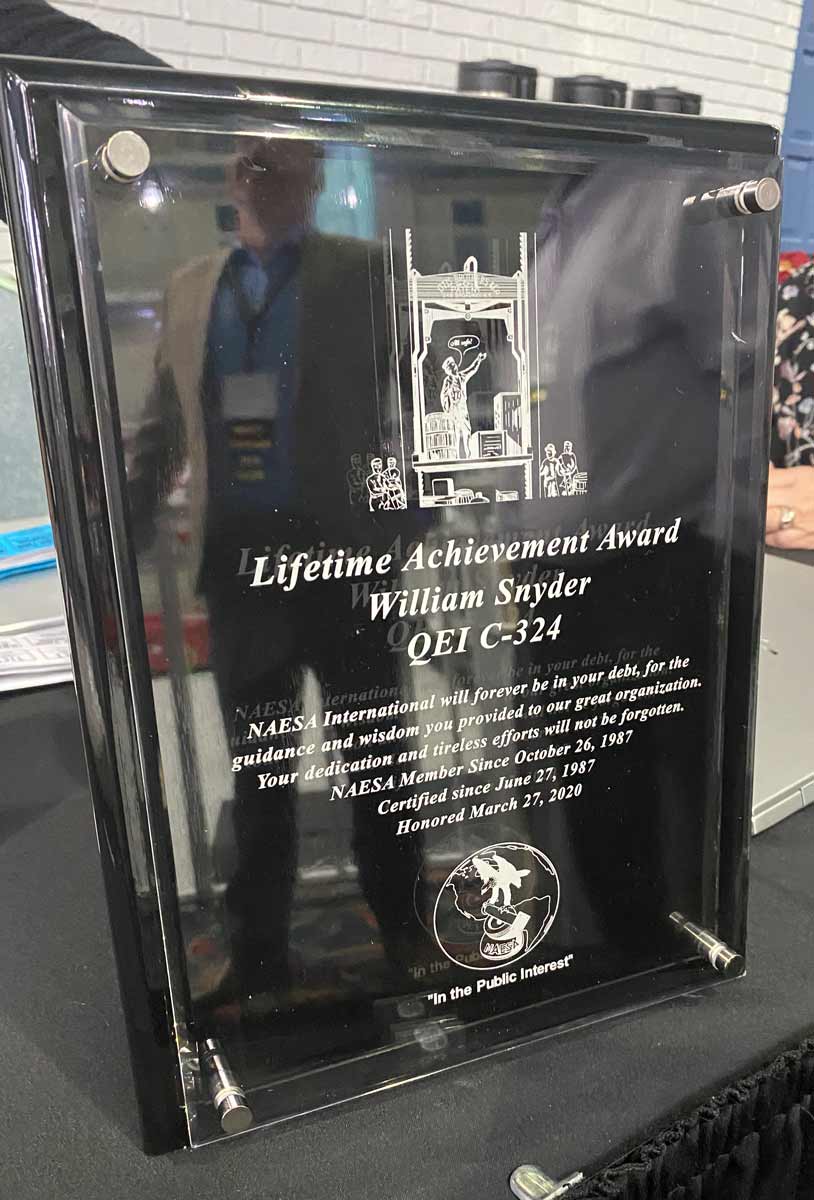
LF: Will you continue to play a role with NAESA?
BS: I will still do some teaching with NAESA and work with the education director a little bit. I will stay involved with NAESA and serve in whatever capacity helps NAESA achieve their mission. I’m still on the BoD with NAESA, and when my term runs out there, I will have spent almost 20 years on the BoD. I will stay involved as a member. The organization has been on the forefront of education, and the integrity that they bring is top shelf. I envision them maintaining that standard for a long time to come; they have accomplished some great things.
LF: Why did you decide to focus on code? What do you like about it, and why is it important?
BS: How we do things can be a little different, but the codes that we deal with, once we read them, we realize how important they are. Not only do they offer a level playing field for everyone — same playbook so to speak — we know that if we follow these procedures, these codes and the guides, the end product will have an enhanced level of safety for the riding public and the next technician and inspector that will come on that job. That needs to be our guiding principle. That’s why I enjoy them, and I truly enjoy teaching them to expound that knowledge to others.
LF: Is there a key project you’ve worked on that has stuck with you or one you really enjoyed?
BS: I was doing some work for one of the universities in Florida, and they had a building on the national historic register in St. Augustine. In it was a 1935 freight elevator. Since it was on the historic register, they wanted to retain it. Other consultants suggested they rip it out and modernize it. In the end, I wrote a specification and oversaw the project, which was a 100% restoration of that elevator, including the original controls, machine, cab, doors and so on. It was one of those projects that you get the opportunity to do only a couple of times in your career.
LF: What have been the biggest changes to the industry that you’ve seen?
BS: The equipment has changed so much, and this is driven by a lot of market and design factors. I can’t say that I’m in agreement with all of them. I try to explain to people when I teach classes that you may not like it, but, as an inspector, you need to learn it so you can do your job safely and effectively. The old days of maintenance as we knew them are dwindling. The industry looks for ways to reduce maintenance, and a number of methodologies are used to do that. I’m not so sure I accept all the rationale. I believe in monthly hands-on maintenance, but the industry is moving away from that.
I do believe training is very strong in this industry. It needs to be because of the technologies that are changing.
LF: Anything else you’d like to add?
BS: I would like to thank all of my friends who have helped and guided me over the years, and I just hope that I have been able to give something back. I will continue to do that as much as I am able.
Get more of Elevator World. Sign up for our free e-newsletter.


